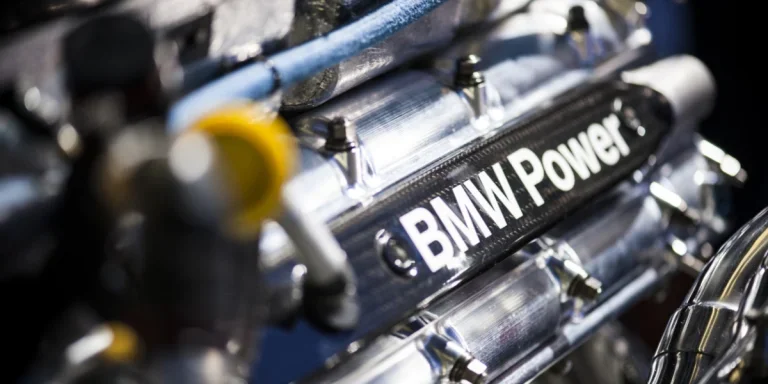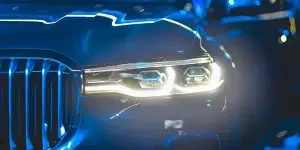The N52 engine remains a top choice for car enthusiasts because of its seamless torque output together with dependable performance. Numerous BMW N52 engine owners aim to push its performance beyond its current impressive capabilities.
Car owners who desire either a slight horsepower increase or an extensive custom N52 tune can find many options to help reach their performance goals. This article will discuss the multiple tuning methods for the N52 engine along with necessary parts, software requirements, and expected performance enhancements.
Table of Contents
Understanding the N52 engine and its potential
Tuning options for the BMW N52
1. Starting point: stock tune and basic upgrades
2. Advanced tuning: software and ECU modifications
3. Stage intake manifold and other performance packages
Other considerations
1. Dyno results and real-world performance
2. Legal and environmental considerations
Final thoughts
Understanding the N52 engine and its potential
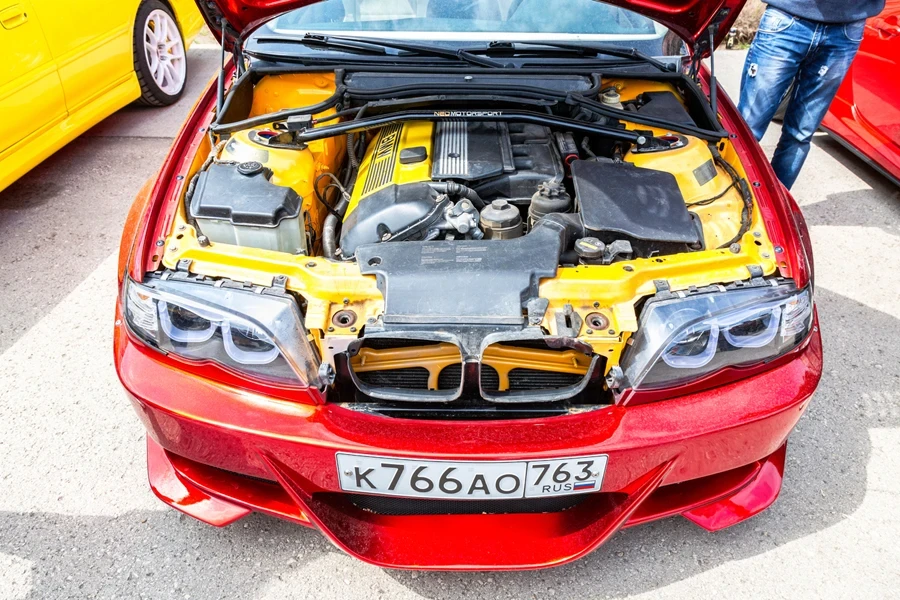
From 2004 until 2015 BMW used the naturally aspirated inline-6 N52 engine across its E90 3 Series, E60 5 Series, Z4, X3, and X5 models. BMW offered this engine in multiple versions with power output adjusted for different models and markets.
- N52B25 (2.5L)
174 hp (130 kW) / 170 lb-ft (230 Nm)
215 hp (160 kW) / 184 lb-ft (250 Nm)
- N52B30 (3.0L)
215 hp (160 kW) / 200 lb-ft (270 Nm)
228 hp (170 kW) / 221 lb-ft (300 Nm)
255 hp (190 kW) / 220 lb-ft (300 Nm)
268 hp (200 kW) / 232 lb-ft (315 Nm)
The normally aspirated N52 engine has restricted tuning potential when compared to BMW’s turbocharged engines, such as the N54 or B58. Despite limitations, some upgrades can help deliver substantial improvements.
Tuning options for the BMW N52
1. Starting point: stock tune and basic upgrades
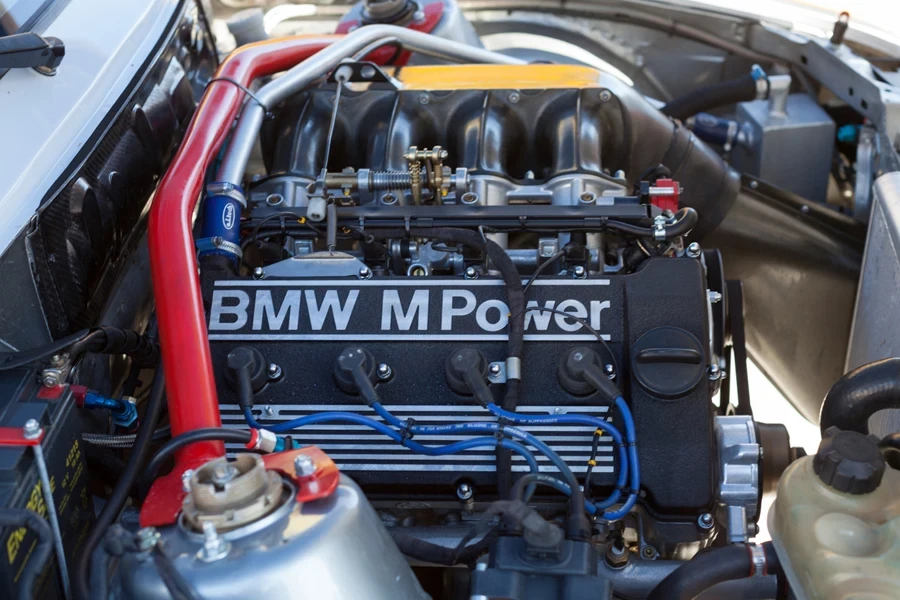
It’s essential to understand the starting point before exploring advanced tuning techniques. The factory tune of the N52 engine aims to achieve a balance between power generation, fuel economy, and emission standards. The engine delivers consistent power output yet remains open to enhancement.
Many car enthusiasts initially consider replacing their intake manifold as their first modification choice. The stock intake manifold can handle various conditions but restricts performance enhancement opportunities. Installing a stage intake manifold from Active Autowerke creates substantial improvements in horsepower and torque performance. The majority of owners recognize this n52 engine mod as one of their top choices.
Another popular upgrade is the exhaust system. A high-performance exhaust system replacement leads to better engine performance and creates a more aggressive exhaust note. Headers deliver significant power enhancements and become even more effective when paired with additional modifications.
2. Advanced tuning: software and ECU modifications
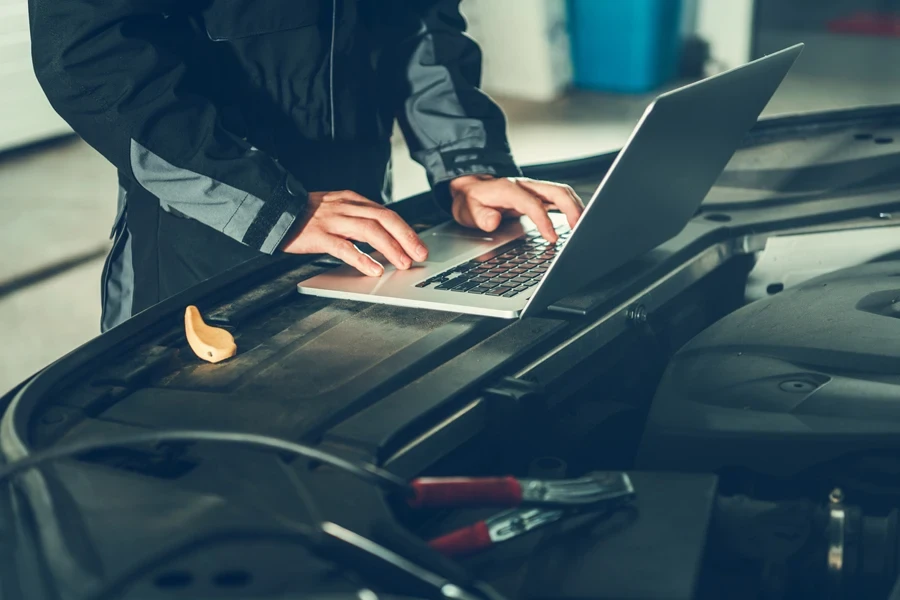
Once basic bolt-on modifications are complete, owners can start exploring advanced tuning options for further improvements. The engine control unit (ECU) functions as the car’s brain, and software modifications can unlock power increases of between 10 and 15 horsepower.
Flash software is among the favored methods to adjust the performance of the N52 engine. Installers can upload new calibration files to the BMW ECU through this process, which enables them to adjust ignition timing and fuel delivery alongside other system parameters. The StageFP tune stands out as a renowned choice that delivers a personalized tuning solution designed specifically for your vehicle and its modifications.
Flash software requires proper tools for successful usage. For example, investing in a quality cable like the Kline OBDII cable represents a valuable choice because cheap cables frequently produce ECU tuning issues. The flash process requires the vehicle’s battery to be fully charged or connected to a charger to prevent interruptions.
Further reading: Common Failures of the BMW Engine
3. Stage intake manifold and other performance packages
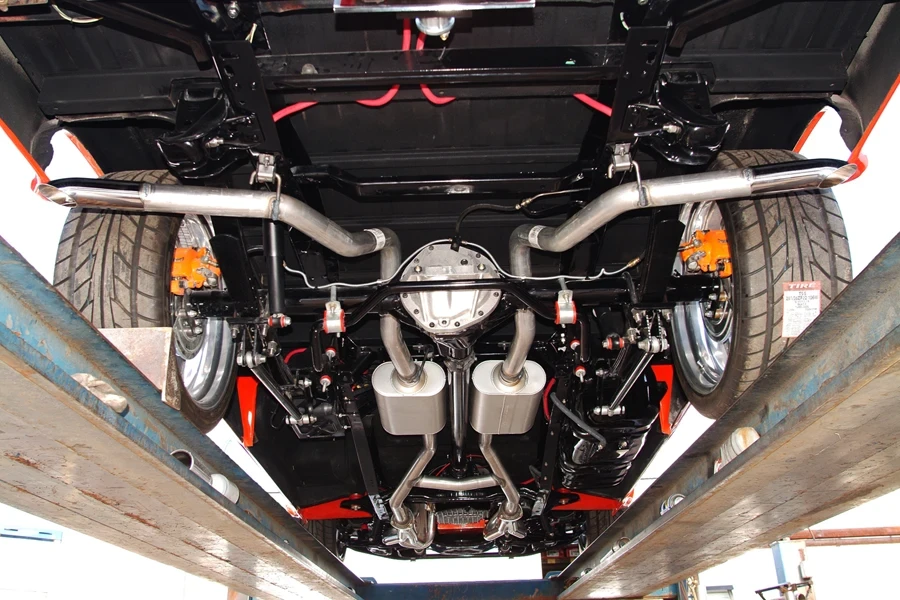
Achieving advanced N52 tuning requires the installation of a stage intake manifold (stage IM). The replacement of the stock manifold with an advanced design leads to improved airflow and additional power output. The Active Autowerke stage IM delivers significant upgrades with 20 to 25 horsepower gains together with enhanced throttle response.
Utilizing both a stage intake manifold and additional performance components like headers and exhaust systems delivers superior results. Weistec Engineering, for instance, provides multiple performance upgrades for the N52 engine with its Weistec N52 tuning package. To enhance engine performance, the package features a custom tune alongside calibration file updates and compatible hardware components.
Other considerations
1. Dyno results and real-world performance
Dyno results stand as the definitive benchmark for assessing tuning success. Owners can assess real performance improvements from their upgrades through dyno testing, which shows exact performance metrics.
Remember that the data from dyno tests may show different results because of environmental conditions, such as high humidity or fuel quality, along with the unique features of your vehicle setup.
Engine modifications to the N52 can significantly affect fuel consumption levels. Tuning can boost power output but may cause higher fuel consumption for aggressive drivers. Drivers should monitor their fuel consumption and modify their driving style based on this data.
2. Legal and environmental considerations

Understanding local laws and regulations remains essential before beginning any vehicle modifications. The California Air Resource Board (CARB) enforces rigorous standards for vehicle modifications throughout California. Certain vehicle upgrades, like specific exhaust systems or intake manifolds, lack CARB compliance, which prohibits their use on California roadways.
It is also vital to evaluate how the modifications will affect the environment. Vehicle tuning can enhance performance but has the potential to raise emission levels. Therefore, consumers should select components and software programs specifically engineered to reduce environmental impact and strictly observe the manufacturer’s instructions.
Final thoughts
The BMW N52 engine can deliver better performance through tuning while maintaining its dependable operation. The selection of appropriate performance packages and modifications becomes essential when you choose between standard tuning and high-power custom tuning.
Consumers should review their local regulations, emissions policies and choose their installer before proceeding with tuning. A BMW will retain its reliability during public road driving when combined with proper ECU tuning methods and bolt upgrades alongside a strategic upgrade path.
